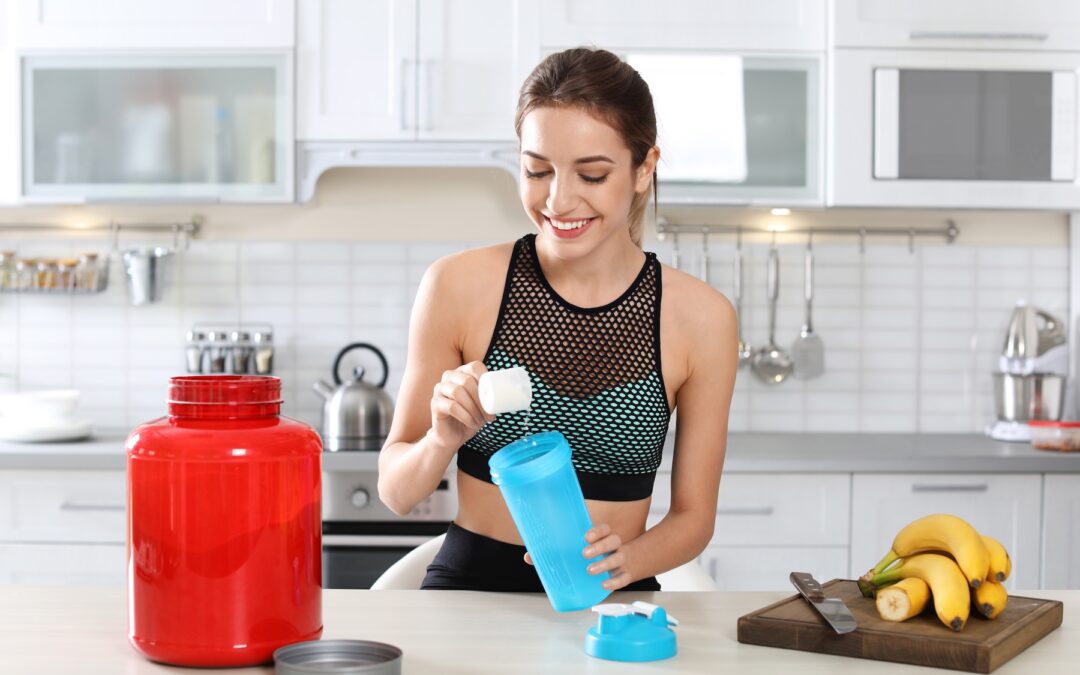If you’re on a muscle growth journey, it’s important to educate yourself on what foods are good for muscle gain to help you reach your goals.
In terms of what macronutrients are needed to build and support muscle growth, the amount will differ for each individual but the below breakdown is what you should be aiming for approximately:
- 45–60% of your calories from carbohydrates
- 30–35% of your calories from protein
- 15–30% of your calories from fat
Even if you’re not actively trying to bulk, it’s still so important to eat a nutrient-rich diet to support general muscle health.
You might be thinking it needs to be protein powder and a whole lot of eggs, but let us assure you that’s not the case! You can incorporate those things for sure and they’re definitely beneficial, but there are so many other foods that you can reach for.
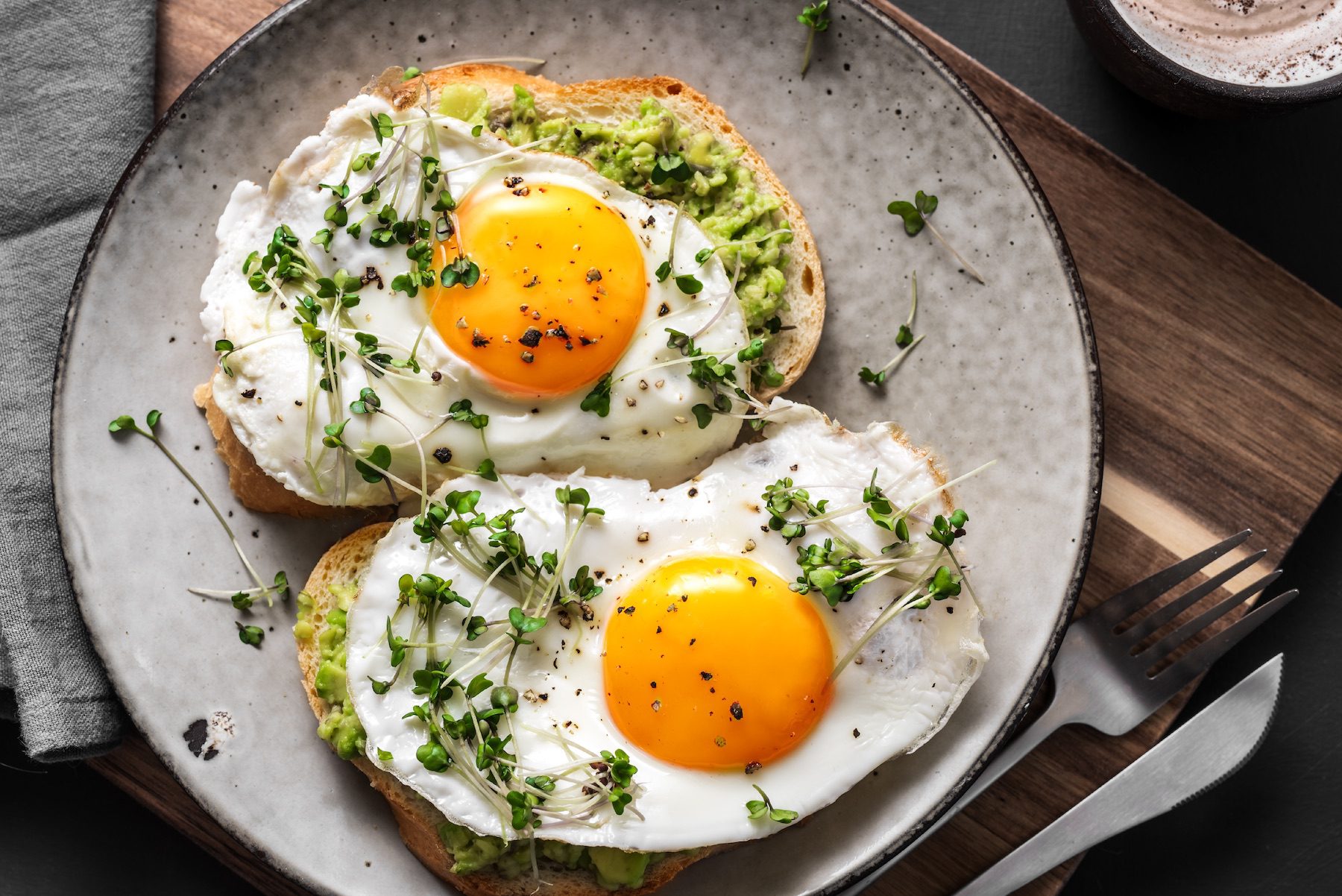
Table of Contents
Eggs
Don’t worry, we’re not going to tell you to drink a glass of egg yolks!
But eggs are a great addition to your diet when building muscle. They contain around 6.5g protein (per 1 large egg) along with healthy fats and nutrients like choline (for muscle function) and B vitamins (for energy production).
And if that wasn’t reason enough to crack a few open, they also contain large amounts of an amino acid called leucine, which promotes muscle growth.
Chicken breast
Chicken is a staple when it comes to muscle gain.
100g of chicken breast (weighed raw) is around 23g of protein, 1.6g of fat and 0g carbs.
It also has a good amount of niacin and vitamin B6, both of which help your body function during physical activity – including resistance training.
Some research has also shown that higher protein diets containing chicken could assist with fat loss.
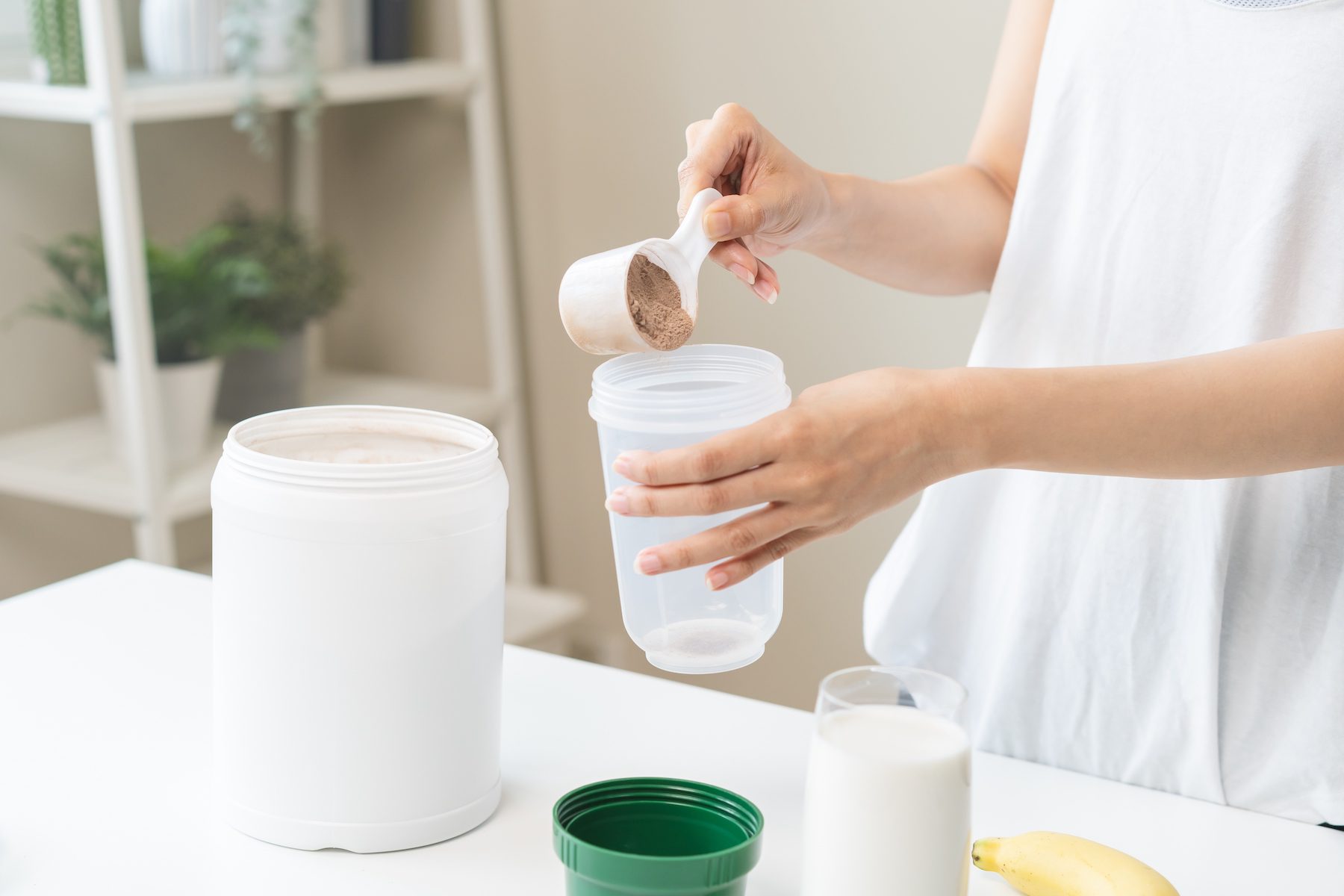
Protein powder
While you should always seek protein from your diet before leaning on supplements, adding a protein powder into your routine can definitely impact muscle gain. Each scoop will have around 20-30g of protein.
There’s a wide range of protein powders on the market, made from different ingredients such as:
- Whey
- Casein
- Soy
- Pea
- Hemp
Our current favourite protein powder is the BodyScience Low Carb Whey Protein in Vanilla.
The vanilla flavour is delicious alone but easy to mix with other flavours and recipes like smoothies, breakfast bowls, baked oats and even ice-cream!
One serving will give you over 22g, plus it’s naturally gluten-free and contains no artificial colours, flavours or sweeteners. Available at Woolworths nationwide.
Tofu
This is a fantastic plant-based protein option.
Each 100g serving of tofu has around 13g of protein and 5g of fat.
Not only are they important components of muscle growth, there is also a good amount o calcium in tofu which is also crucial for bone health and muscle function.
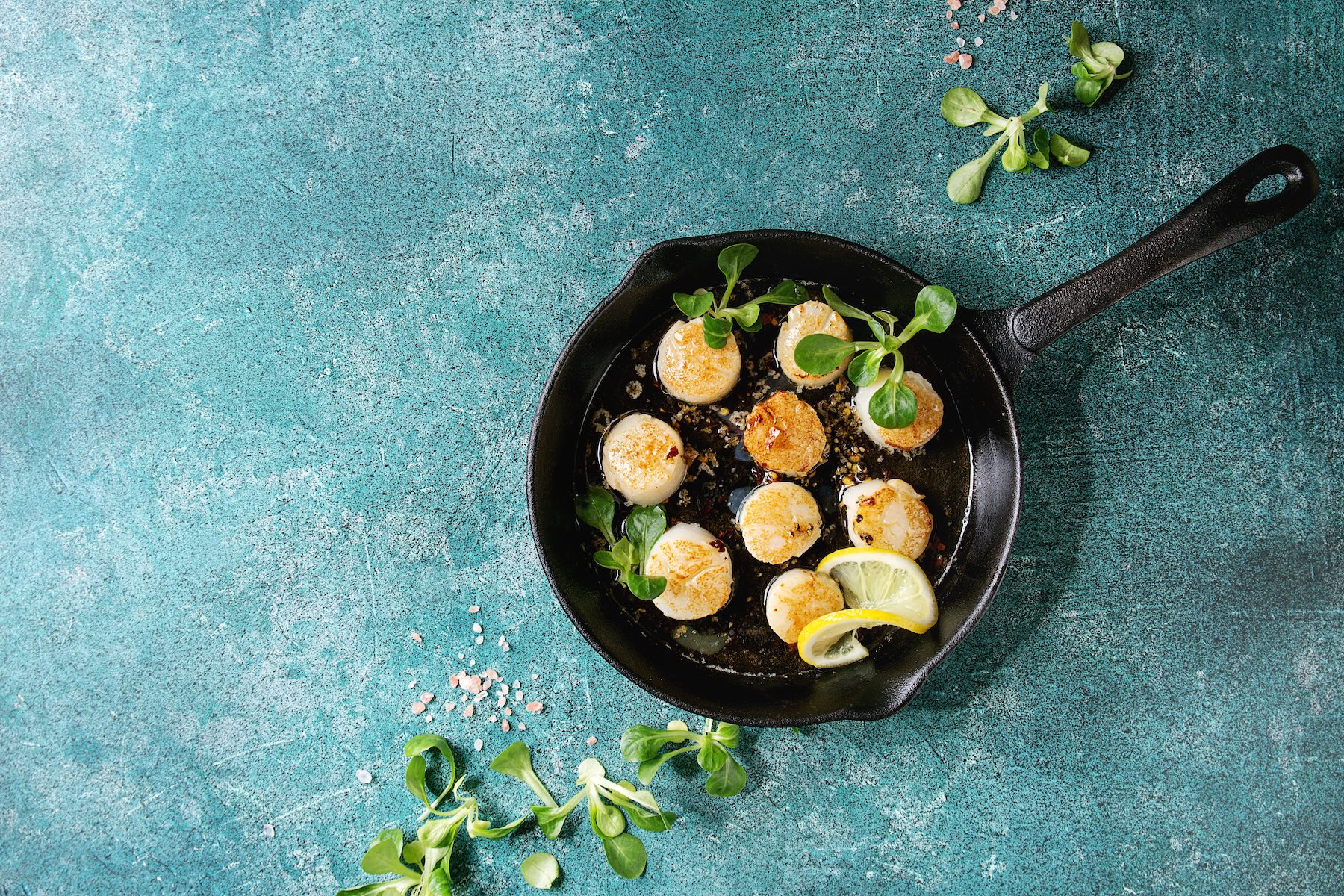
Scallops
If you’re in a calorie deficit but still wanting to gain muscle, scallops are your friend!
They’re low fat and low calorie but high protein so will hit both goals. 100g of the seafood favourite gives you 15g of protein, 4.4g of carbs only 0.8g of fat for just 84 calories. Amazing, right?!
Turkey
With chicken being more commonly known for it’s high protein properties, don’t let it completely outshine it’s poultry partner – turkey!
100g of turkey breast fillet packs around 21g of protein. It’s low-fat and low-carb so you can pair it with other food items higher in those macros for a well-rounded meal that’ll help boost those muscles.
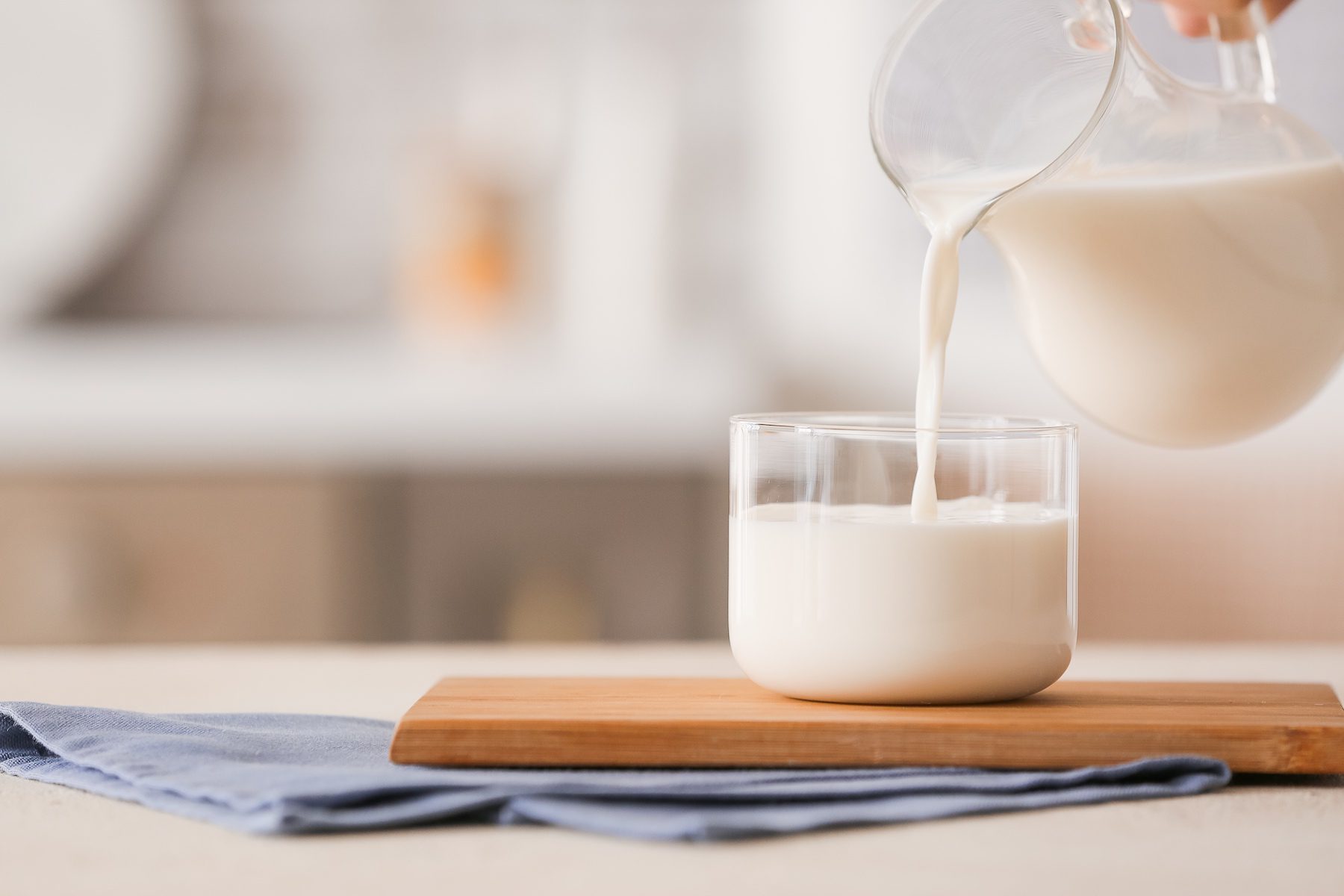
Milk
Dairy milk has a combination of the macros you need to build and maintain muscle: carbs, protein and fats.
Studies have actually shown that when both men and women drink milk in combination with weight training, they can increase their muscle mass. So grab a glass!
Brown rice
This grain may not be the first thing that comes to mind when you think of muscle gain!
And while it only has around 6g of protein per cup, its real benefit lies in its carbohydrates.
Carbs are great to eat in the lead up to a workout to give you plenty of energy. This means you’re likely to exercise harder and/or longer, providing a greater chance to build muscle.
